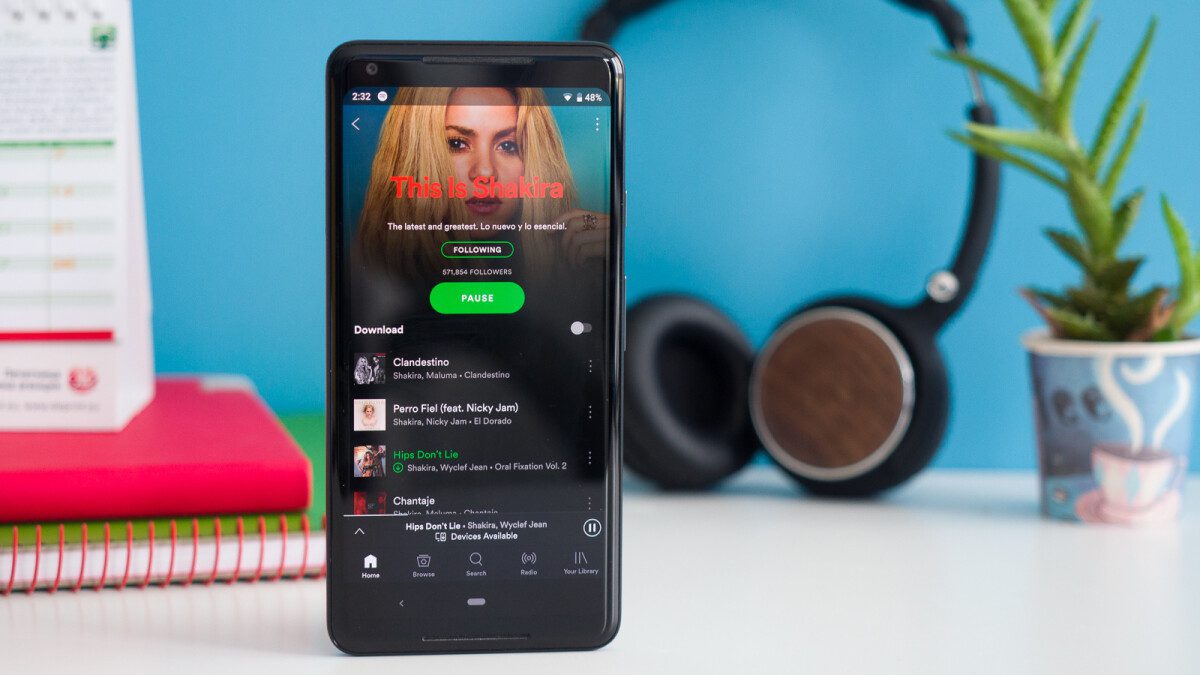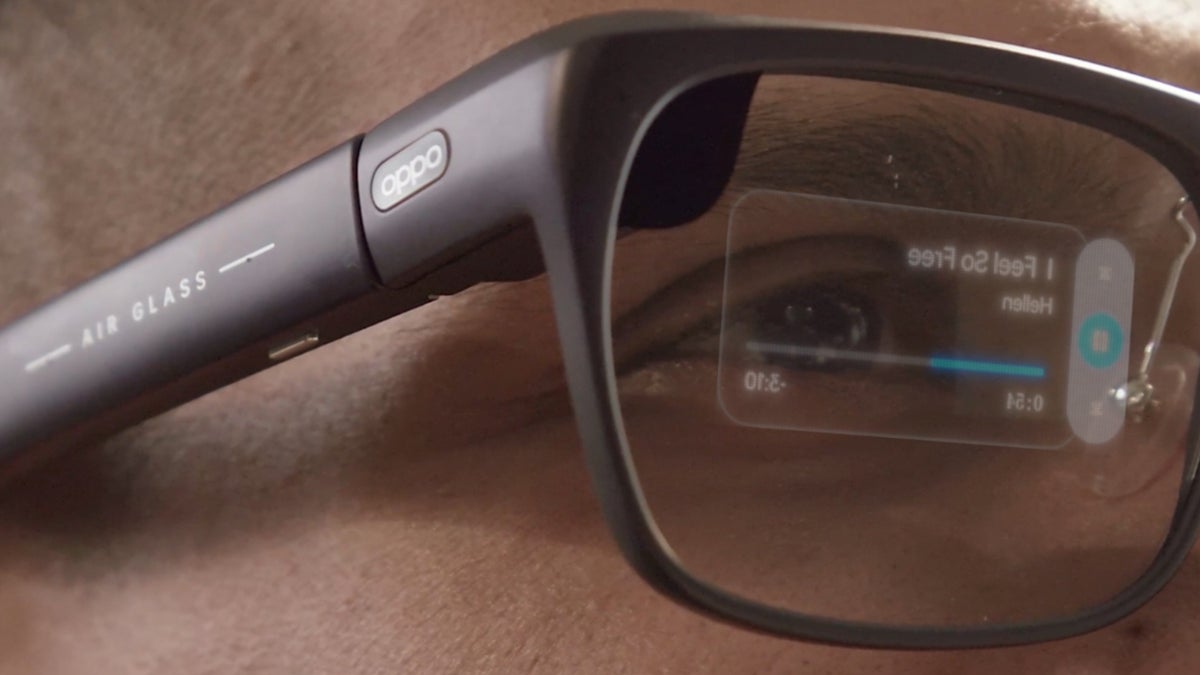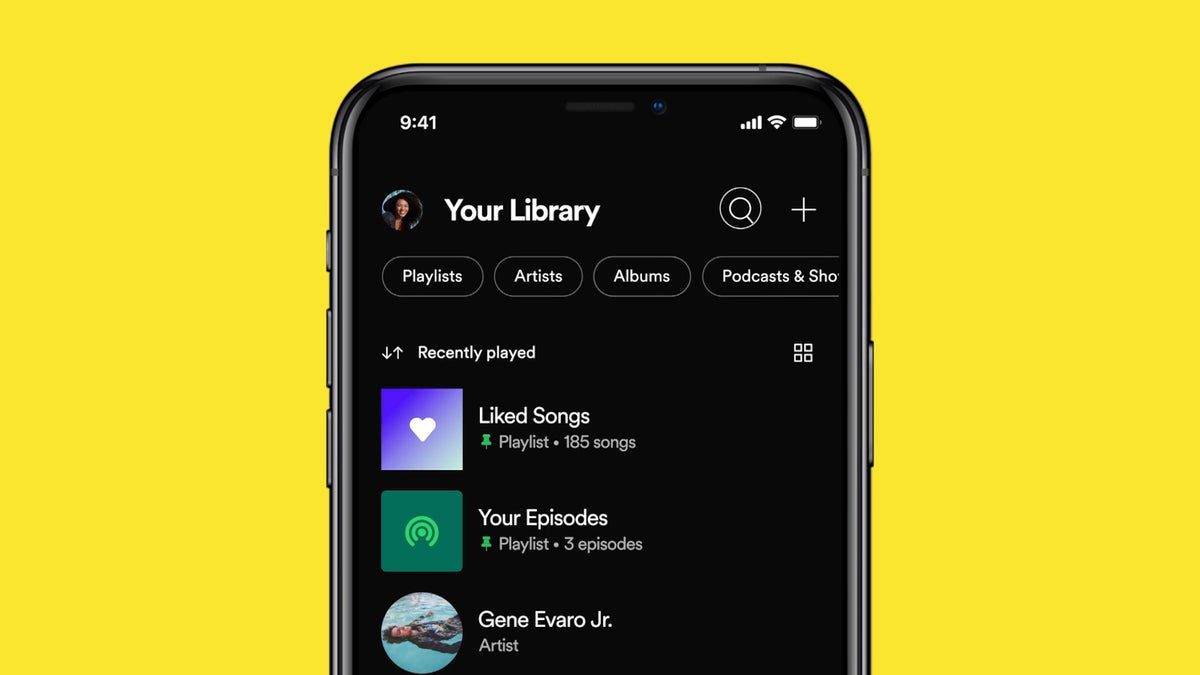Uber and Lyft, two popular ridesharing services, are currently facing a class action lawsuit in British Columbia. The lawsuit alleges that individuals who require wheelchairs or similar devices do not have adequate access to these services. This issue has sparked a significant legal challenge in the province.
David Sheldon, a quadriplegic reliant on a motorized wheelchair, is the complainant in this case. He claims that back in December 2023, he was unable to utilize Uber and Lyft due to accessibility issues. This lack of access has prompted the filing of a lawsuit at the B.C. Human Rights Tribunal.
Saro Turner, a lawyer from Slater Vecchio representing the class action, emphasizes the importance of fair and equal access for the physically disabled community. The goal is to bring about behavior modification so that everyone can benefit from improved accessibility in transportation services.
In a similar case earlier this year, wheelchair user Martin Bauer was awarded $35,000 by Uber after filing a complaint with the B.C. Human Rights Tribunal for discrimination based on disability. This highlights the ongoing struggle for accessible transportation services in British Columbia.
Uber has responded to these allegations by stating their commitment to innovation and supporting mobility for all individuals. They comply with local laws on accessibility and work towards providing inclusive transportation options. However, there are challenges with how funds collected from rideshare platforms are allocated in BC, limiting opportunities for expansion within the industry.
The class action lawsuit aims to bring together individuals with physical disabilities who have faced service denials from Uber or Lyft in recent years. Slater Vecchio is leading this legal challenge to advocate for improved access and equality within ridesharing services for all individuals in British Columbia. Let’s hope that this initiative leads to positive changes in accessibility for those who need it most.













